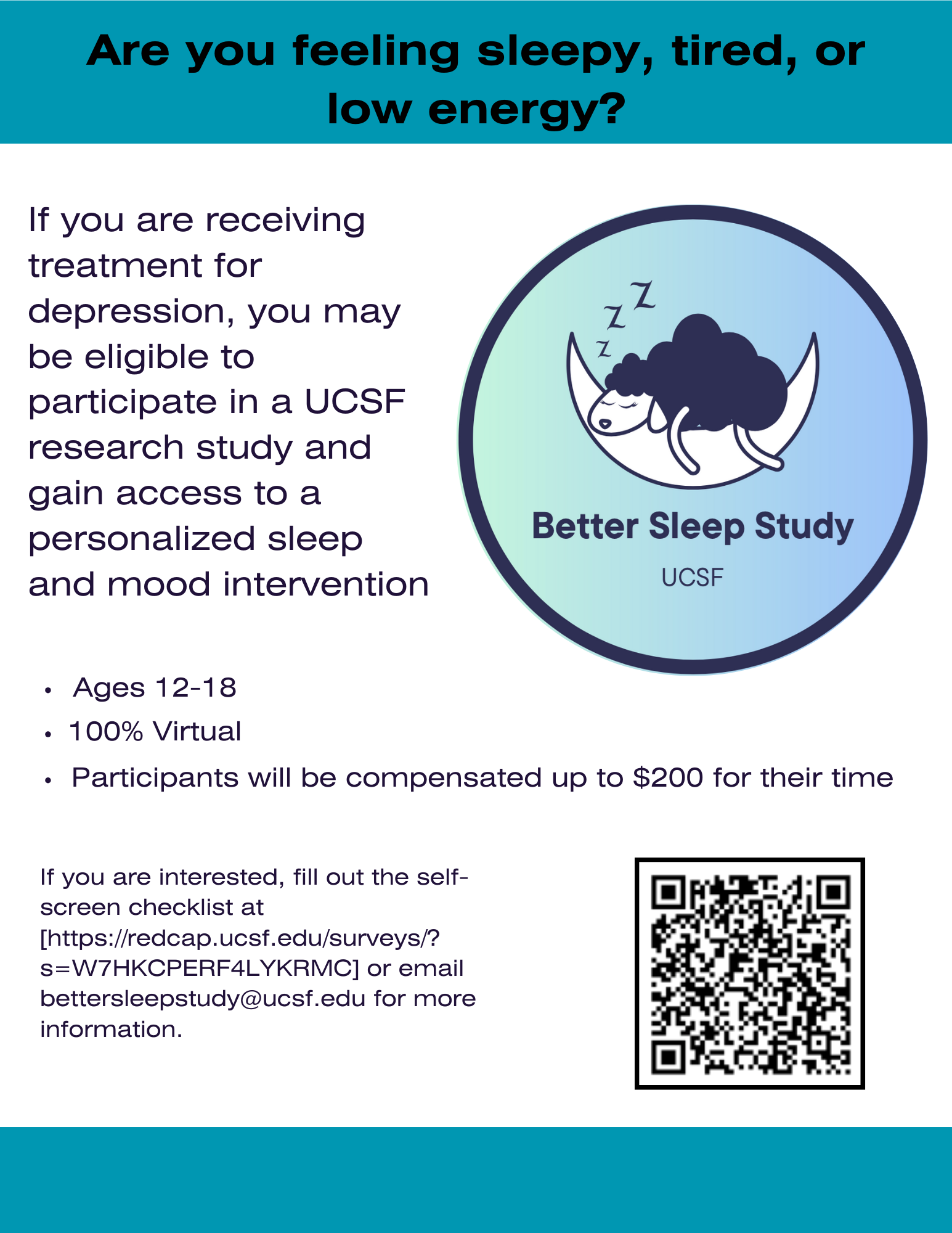Why do so many teenagers have trouble sleeping?
Adolescence is associated with a biological shift to a pattern of going to bed and waking up later. This pattern is sometimes referred to as an evening circadian preference. This shift to an evening preference is thought to be initiated by hormonal changes that also trigger puberty. As you may have experienced, your bodies' tendency to want to go to bed and wake up later does not coexist well with early school start times. As a result, many teens find themselves not getting enough sleep, having difficulties waking up in the morning in time for school, and sleeping in on the weekends to "make up" for lost sleep during the week. Many well intentioned parents, urge their teenagers to try to go to bed at a "reasonable hour" so that they can get enough sleep. However, if teens are unable to fall asleep this can have the unintended consequence of teens struggling to fall asleep at night and developing symptoms of insomnia.
Top tips for teen sleep
- Maintain as regular a wake time as you can manage from weekend to weekday.
- Avoid bright light at night time. Start to dim the lights in the evening hours (switch to lamps as opposed to overhead lights and turn on bright light filters on your devices). This will communicate to your body that it's time to start preparing for bed.
- Expose yourself to bright light as close to the first thing in the morning as possible.
- Wait to go to bed until you feel sleepy.
- Develop a wind down routine that will help your body prepare for sleep. Examples of activities could include taking a bath, reading a pleasant book, coloring in a an adult coloring book, listening to calm music. Avoid exciting activities in the hour before bed.
- Talk to someone if you are having trouble sleeping.
